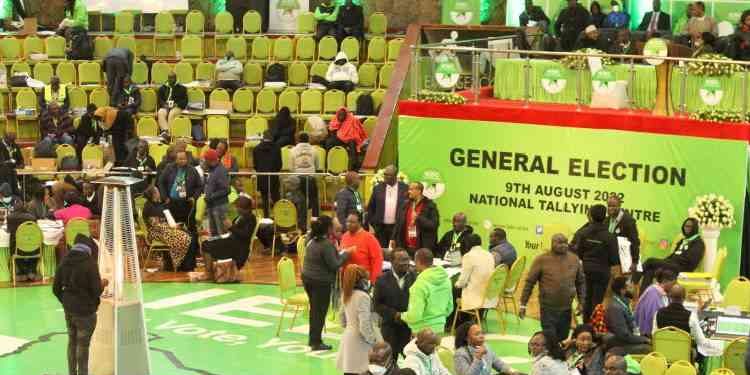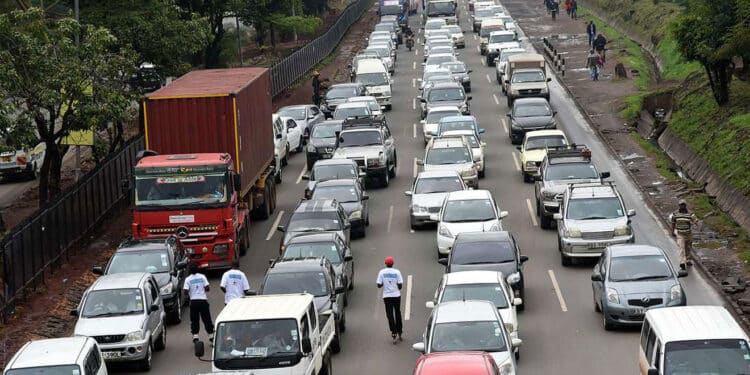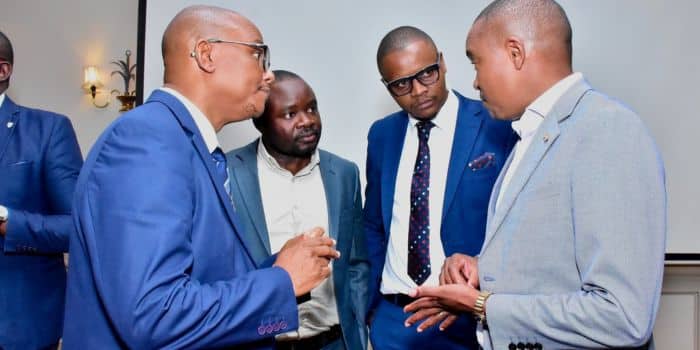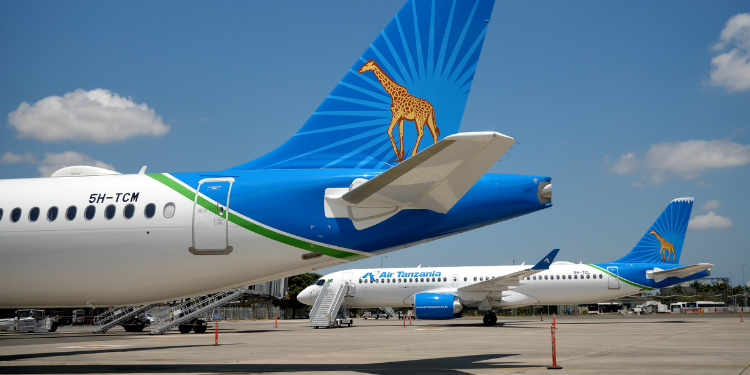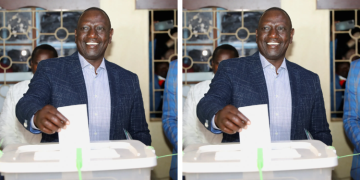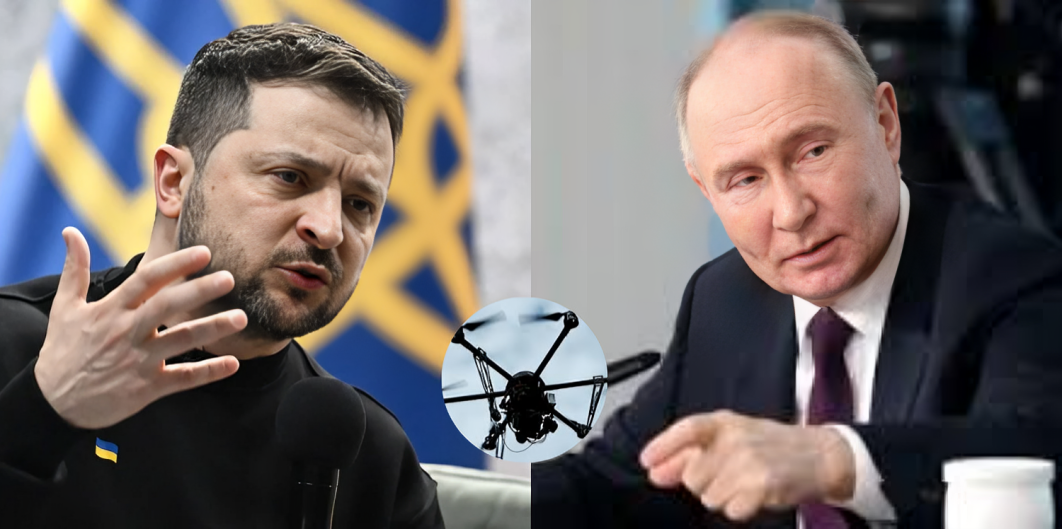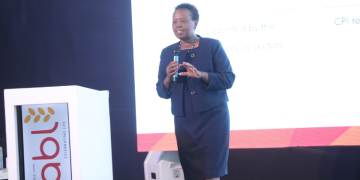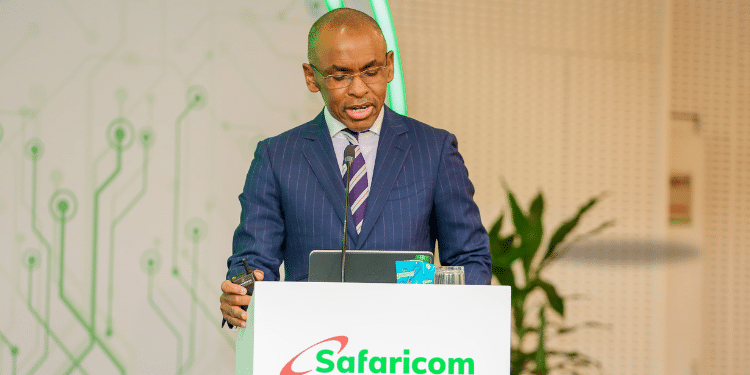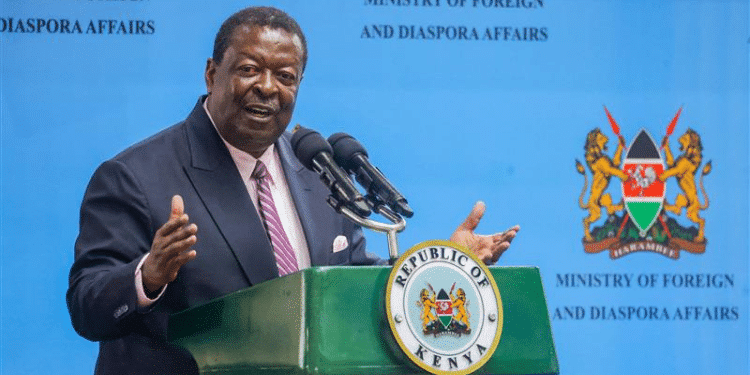Prime Cabinet Secretary (CS) Musalia Mudavadi has called on the international community to increase pressure and even consider sanctions on the leaders of the various warring groups in Sudan who are obstructing humanitarian aid.
Speaking at the London-Sudan Conference at Lancaster House on Tuesday, April 15, Mudavadi said the priority should be resolving the dire humanitarian situation facing the Sudanese population.
He emphasised that particular attention should be given to the vast areas not under the control of the Sudan Armed Forces (SAF), which seem to suffer the most from inaccessibility to humanitarian aid.
“We need to begin pressurising or sanctioning and declaring clear consequences for those who continue to obstruct the work of humanitarian agencies,” said Mudavadi.
Mudavadi Calls for Sanctions on Sudan Warlords Blocking Aid
Mudavadi noted that despite ongoing humanitarian efforts, there are still severe access constraints, particularly in active conflict zones, and funding shortages continue to hinder aid delivery where it is needed most.
Additionally, the Prime Cabinet Secretary mentioned that the Sudan conflict, which many had hoped would be resolved quickly, is now entering its third year.
He opined that the parties involved still appear to believe that a military solution is possible.
“The humanitarian situation continues to deteriorate, with a huge number of forced displacements, making Sudan the world’s largest internal displacement crisis,” he added.
“Those most affected are vulnerable Sudanese people, who can only stay where they are because they cannot afford to move to safer places internally and transnationally.”
He observed that the human cost of the conflict had increased, with civilians remaining vulnerable to indiscriminate shootings and bombardments.
Women and girls, he adds, have continued to face the risk of conflict-related sexual violence, while children were subjected to widespread abuse and exploitation.
Also Read: Sudan Ropes in Kenya Amid Diplomatic Row Over London Conference
Prime CS Calls for Coordinated International Efforts, African-Led Peace in Sudan
Mudavadi stated that Kenya remains deeply concerned about the worsening humanitarian crisis in Sudan and continues to call for a lasting political solution to the conflict.
He added that the country will continue to facilitate the humanitarian supply logistics through the country, destined for the Sudanese people.
“We are deeply concerned about the plight of the displaced populations and will remain focused on supporting humanitarian assistance,” said Mudavadi.
The Foreign Affairs CS said that while Kenya played its role in alleviating the suffering of the Sudanese people, he urged the international community to increase coordinated efforts to address the humanitarian crisis.
He mentioned that there was need to mainstream the several peace tracks in Sudan into an African-led process that is supported by the international community.
“As a country, our long-held belief is that indifference to regional conflicts is never an option. Our security and prosperity are interlinked with that of our neighbors, making regional stability central to our foreign policy,” said Mudavadi.
“We welcome the other efforts aimed at pacifying Sudan, while also advocating for a unified and coordinated response from all, including IGAD, the African Union, the Arab League, the United Nations, and the broader international community but we need to mainstream into an African led process.”
Also Read: Mudavadi Wonders Why Kenyans Are Still Hungry
Kenya Hosts Sudan Leaders for Peace Talks
In November 2023, Kenya hosted General al-Burhan, the President of the Sudan Sovereignty Council and Commander-in-Chief of the Sudanese Forces, in Nairobi to discuss peace efforts.
Similarly, in January 2024, it hosted RSF leader Lt. Gen. Mohamed Hamdan Dagalo to further advance peace efforts in Sudan.
Kenya, he told the Conference, was not part of the Nairobi talks (Tasis) and did not participate in the discussions because it believed that “Sudan belonged to the Sudanese people” and that they should find their own solutions.
“Indeed, looking at the outcome documents of the meeting in Nairobi, we found that there was neither a parallel government nor a government in exile for Sudan that was formed in Nairobi,” he said.
“The reference to the right to self-determination in the Political Charter and Transitional Constitution is considered a democratic safeguard rather than a call for secession.”
Follow our WhatsApp Channel and X Account for real-time news updates.


